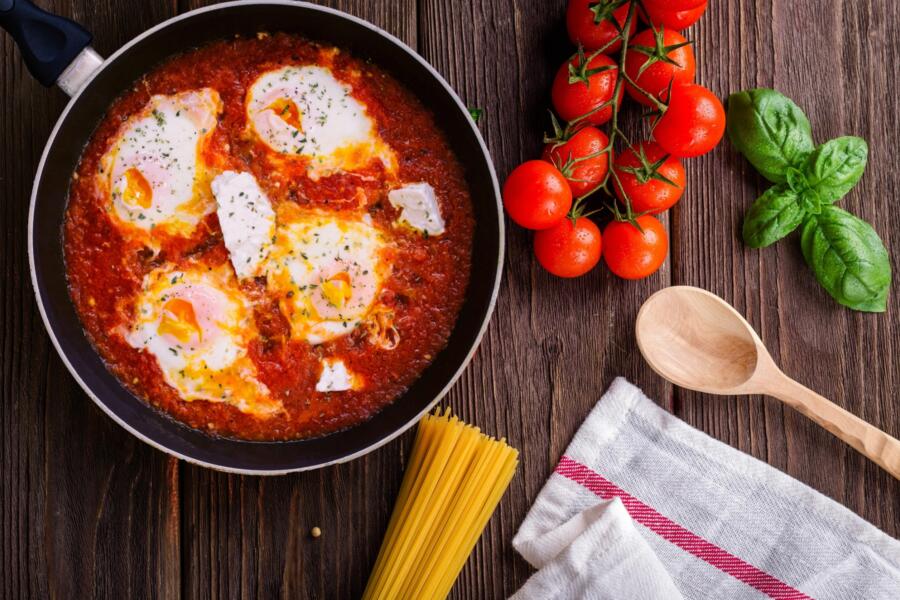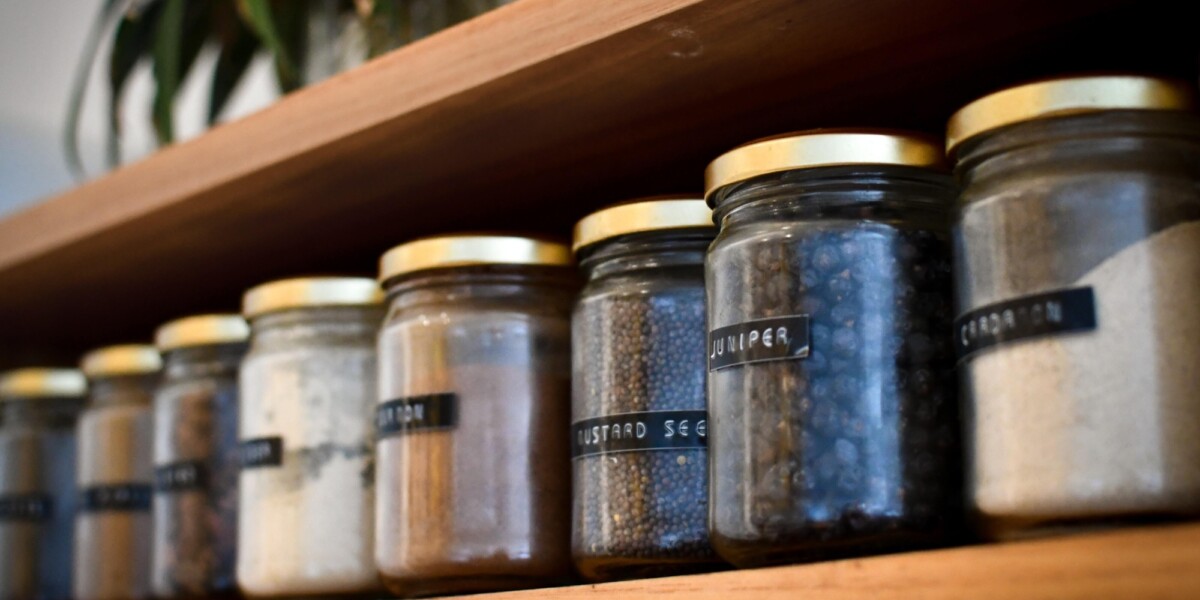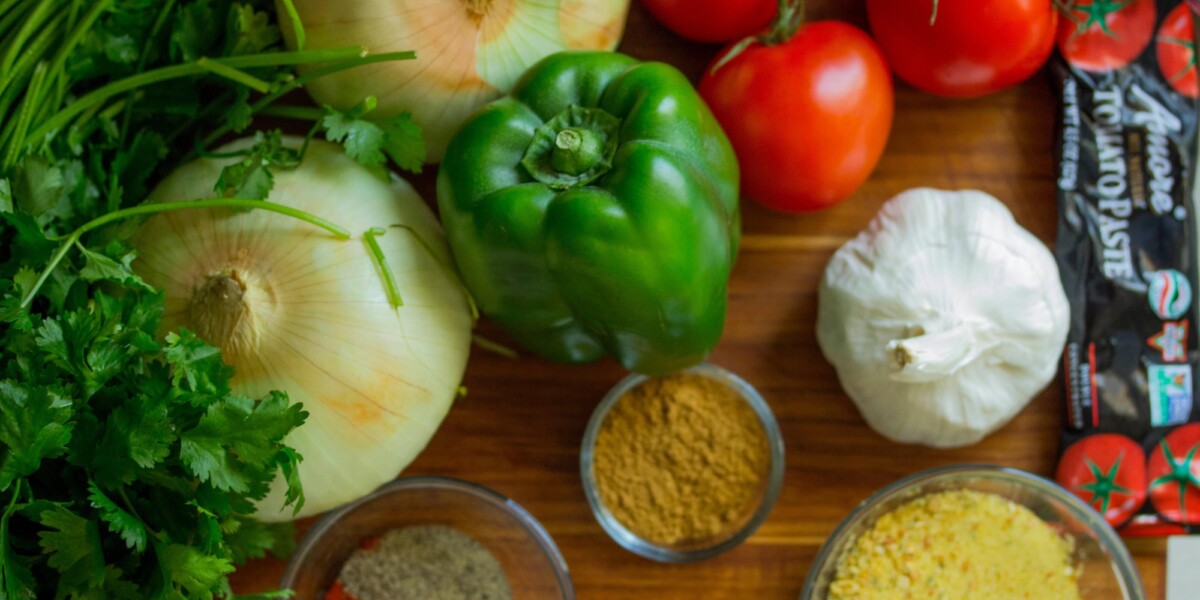
There are lots of reasons why planning your weekly meals might be right for your family – from maximising your grocery budget, to minimising food waste, and also just entirely making life easier and more manageable. Below are some tips to help you get started with meal planning, and set yourself up for success (and less stress) before you hit the supermarket.
Start with what you have
Is there a lonely-looking courgette, or a shrivelling bag of salad leaves in your fridge? Congratulations – your meal planning is off to a start! Taking stock of what you already have in your kitchen, and needs to be used up is a great way to begin putting together your menus, as you have a starting point for meal inspiration.
With recipes such as salad leaf pesto and Jamie Oliver’s speedy quiche traybake designed to use up past-best ingredients, you can easily save food from the bin and start building out your menu straight away.
Stock up your pantry

Having basic ingredients on hand will make all the difference in your meal planning. If you can, stock up your kitchen with essentials such as versatile herbs and spices, tinned beans and tomatoes, dried rice, pasta and lentils, plus condiments like lemon juice, honey and vinegar, and you’ll always have the building blocks of a meal on hand.
The BBC Good Food website has a really useful list of store cupboard essentials to refer to, and help you fill in the gaps. Lots of them are affordable and can be bulk-bought at discount stores too for the best value.
Get everyone’s input
If there are multiple people in your household to cook for, make sure to share the mental load of meal planning. Get everyone to suggest their favourite meals, and draw up menus together so everyone can agree on the dishes before you commit to the grocery shopping.
If nobody can suggest new dishes, challenge them to research and propose an exciting (but easy) recipe for the next week’s menu. Even better if they’re willing and able to cook it themselves!
Take your schedule into account
If no two weeks ever look the same for your family, make sure to take that into account for your meal planning, so you can save the easiest recipes – or the leftovers – for hectic days where time to cook is tight.
Checking your diary first will also mean you never forget about days where you have meals scheduled elsewhere, such as at a restaurant or a friend’s house, and save yourself from over-planning or shopping for the week.
Aim to batch cook and freeze sauces and leftovers

Thinking long-term, stocking up your freezer also helps to make meal planning easier. If you can begin to cook double-sized portions of meals, or even just simple sauces to freeze for future recipes, you’ll find meal planning gets so much smoother over time.
For example, batch-cooking a basic tomato sauce and freezing half will mean you have a starting point for a future Bolognese sauce, lasagne or chilli. And even a smaller portion of pasta can become lunch with a side salad in a week or two. You’ll thank yourself later!
Embrace repetition and meal rotation
You really don’t need to be revolutionary when it comes to your meal planning. Constantly thinking of new dishes to try can be draining, and if you have picky eaters to cook for, it might even feel impossible.
So give yourself a break and allow meals to pop up time and time again on your menu, whether that’s a pizza night every Friday, or an easy stir-fry that you can throw together on busy days, and you know everyone will eat.









